From two years to one: this CBS master has already gone through the controversial change
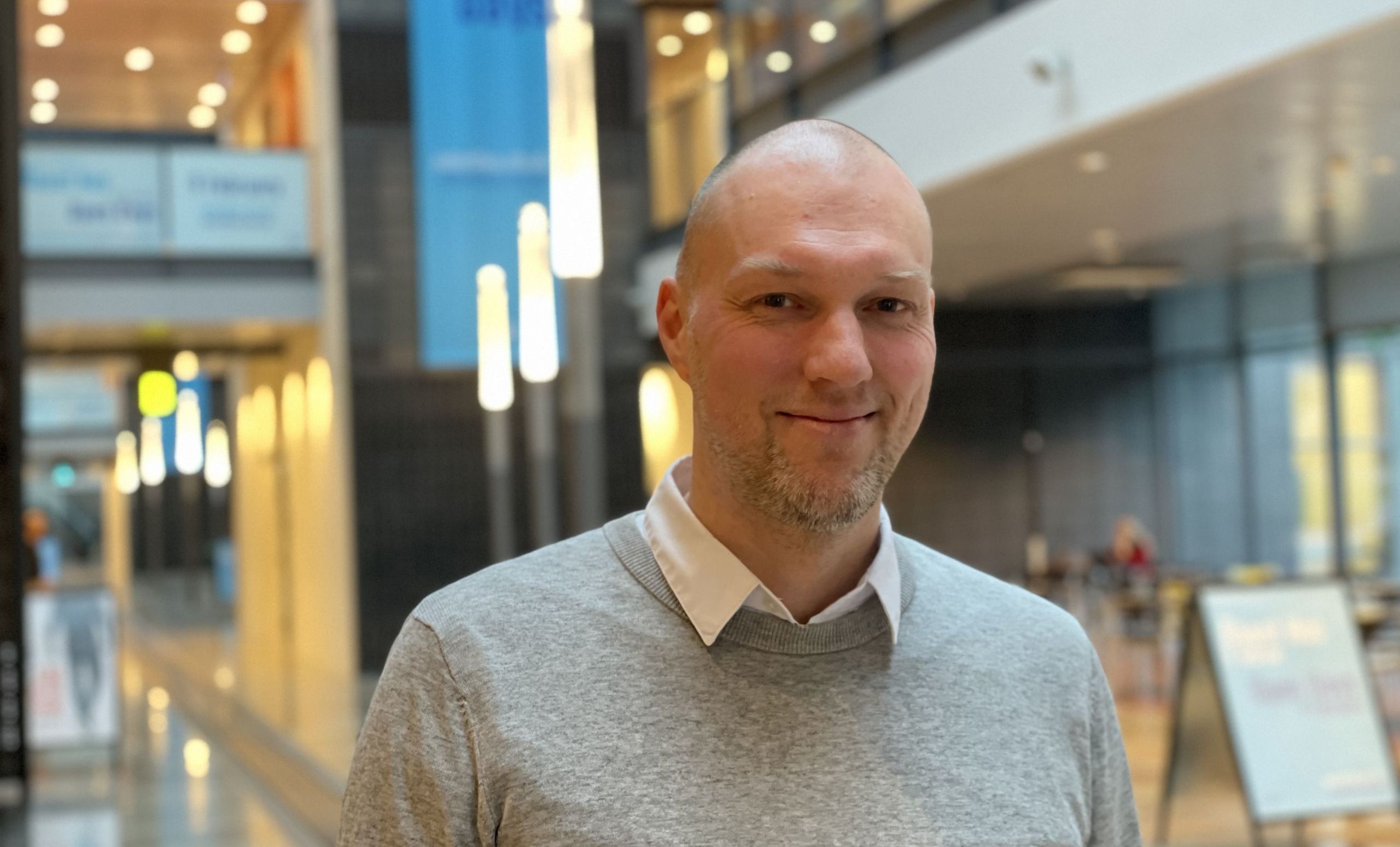
Sebastian Zenker is programme director of the Master in Sustainable Tourism and Hospitality Management - CBS only one-year master at the moment. "It is a good learning experience to see what is valuable in an education. But it is a big change to CBS and it will shake the system a lot," he says about the one-year masters. Photo: Caroline Hammargren
Sebastian Zenker is sometimes wondering why the government has not called. He has first-hand experience of changing a master’s programme from two years to one, which is exactly what the Danish government plans to do with its education reform plans. But so far, nobody has asked for his input.
Sebastian Zenker is the programme director for the Master in Sustainable Tourism and Hospitality Management, the only one-year master’s programme currently offered at CBS and one of very few in Denmark.
The programme had its first intake in 2021. The second cohort will graduate this summer.
The Master was created in response to a push from the government to implement one-year master’s on trial. Only three Danish universities took up the offer, the other two being the University of Copenhagen and University of Southern Denmark.
At CBS, the former Service Management Master, for which Sebastian Zenker was the programme director, seemed a good candidate. The programme was too scattered – at the time, it included tourism, hospitality and retail. Shortening it required specialisation, which was exactly what the programme needed. Still, it was a difficult task.
“It is a tough process internally. When you cut it in half, you have to say: okay, where do you make cuts? This was one of our learnings: it doesn’t make sense to try everything a little bit, but rather, you should go full in on one topic. You have to be brave enough to say: we are not covering that part though we would in the two-year programme,” says Sebastian Zenker.
He is noticeably passionate about his programme. On the table in his office, there’s a bright blue water bottle with the letters STHM under the CBS logo. The programme’s acronym gave rise to its colloquial name: the Stockholm programme. The expression Sebastian Zenker says, originated in administration, then travelled and stuck.
While many argue that Danish businesses do not want the one-year master’s degrees, Sebastian Zenker does not think that holds true, at least for the tourism sector. He interviewed several companies and umbrella organisations when shortening the programme and one finding was that students were overeducated in the sector.
The input from the companies helped steer the niche of the Master towards sustainability, data analytics and digitalisation – skills in high demand in the tourism industry.
Students need to know that this is a real master. I don’t think it’s a company problem. The businesses see it’s a CBS master and they are fine with it.
Sebastian Zenker, programme director, Master in Sustainable Tourism and Hospitality Management
Keeping the businesses on board was important. Sebastian Zenker thinks one challenge is educating them about the concept of one-year masters. But he thinks it could work for most sectors – it does in many other European countries.
“I think it’s a transition phase where companies have to learn what they can expect. If you position programmes well, you can manage to cater to their needs. Obviously, I wouldn’t recommend changing a medical programme.”
The students, however, are more difficult to convince, he thinks.
“Students need to know that this is a real master. I don’t think it’s a company problem. The businesses see it’s a CBS master and they are fine with it.”
But he does worry that there may be a transitional phase where people differentiate between “a real” master’s and “a short” one.
“That will become better if a lot of programmes change and it is the new standard.”
Sebastian Zenker admits that the learning curve is tougher in the one-year programme.
“It’s a different way of studying; it’s much more dense; it’s a little bit more stressful to be honest.”
But he sees it as a fast track that suits students who know what they want.
“It’s a different way of studying. From day one, you see the end of your studies and a lot of students like that. If you want to go out in real life and have a job, having just one more year after your Bachelor is a good thing.”
The fact that it is a small programme is also a great benefit. At the moment they are eight students – the teachers know them all by name. The idea is to grow gradually to 30 to 40 students. But so far, most interest has come from students outside of Denmark.
One of them is Nuria Martin. As a child, she spent a lot of time in her uncle’s hotel in Madrid. Already then, she knew she wanted to work in tourism: “I love the whole industry: hotels, airports, travelling,” she says.
After completing her bachelor’s in business administration and tourism in Spain, the choice fell on Denmark for a master’s.
“I knew that it was free for EU citizens and also, there is a good level of education here,” she says.
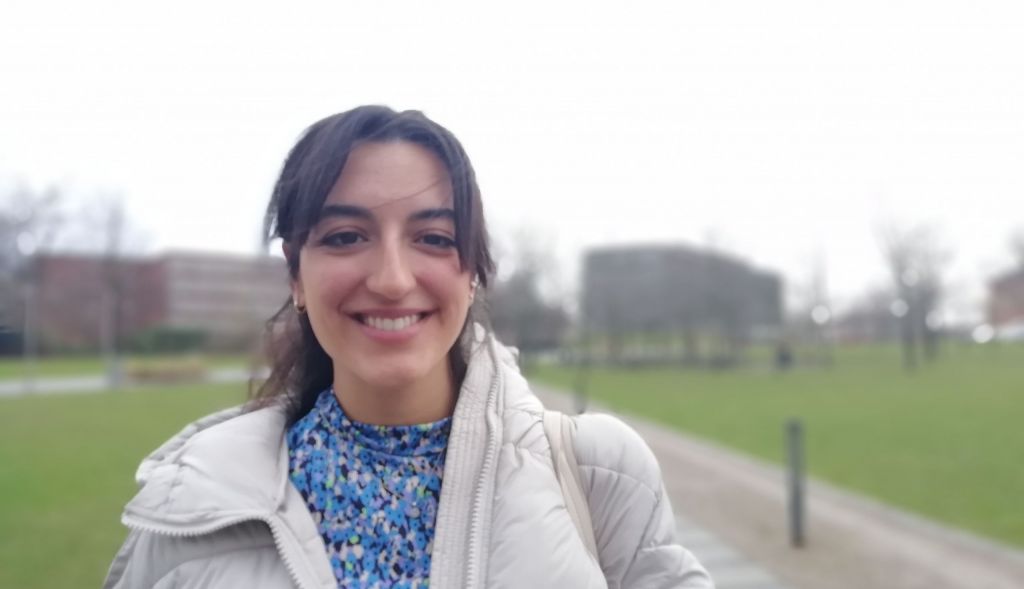
Nuria Martin, student in the Master in Sustainable Tourism and Hospitality Management. Photo: Caroline Hammargren
While she agrees it is intense – she feels like she always has exams – the programme is exactly what she wanted.
“I find it really focused and specialised. It is intense but on the other hand you don’t waste time on things that are not really important or a bit out of the desired goals and purposes,” she says.
She was interested in sustainability, so the profile of the CBS Master, which she found through an online search, was perfect. She did not give any thought to it being a one-year programme – in Spain that is normal. It was also practical for her.
“Living abroad is expensive, so for me, one year is cheaper. And my boss would never have accepted me working remotely for two years,” says Nuria Martin, who continues to work half-time for her employer while studying.
When she started at CBS, she noticed people were surprised that her master’s is only one year. With a different frame of reference, where one-year master’s are normal, she does not consider the Danish government’s plans so dramatic.
“I don’t think it’s better or worse. It depends on what you are looking for.”
One of the downsides, the lack of internships, is compensated for by frequent and close contact with the tourism industry in Denmark – its representatives also sit on the board for the programme. Nuria Marin likes it here and hopes to find a job here when she has finished her degree.
Another aspect that is different for the one-year students is intro days. They are usually organised by the older students in the programme, but with a one-year programme, those students are long gone when the new students start in the autumn.
Back in his office, Sebastian Zenker laughs as he explains: “I had to do it myself.”
He took his students to street food market Reffen for beers. Something Nuria Martin says she enjoyed, but some students felt short-changed when they heard how many activities students in other programmes had.
The intro week is just one example of how changing master’s programmes will have effects beyond the classroom. Students will spend less time at CBS and less free time on the side of their studies.
“Student clubs might have a tougher time or be made up mainly of bachelor’s students. Study boards do not work with a one-year programme. None of my students would run for study board because at the moment they start, they know they are here for maximum nine months so why should they?” asks Sebastian Zenker.
It doesn’t make sense to try everything a little bit, but rather, you should go full in on one topic. You have to be brave enough to say: we are not covering that part though we would in the two-year programme
Sebastian Zenker, programme director, Master in Sustainable Tourism and Hospitality Management
Though it will require reorganising universities, Sebastian Zenker doesn’t see the prospect of one-year programmes as bleakly as many of his colleagues. But he understands the worry among fellow professors.
“Even if they say it is not a cost-cutting exercise, if most master’s are cut from 120 to 75 ECTS, there will be a gap of less teaching hours.”
When cutting his programme, he had to tell some professors that their courses would be dropped. He also gave up one of his own favourite courses.
“People are always hesitant to change. You know the two-year thing works, so why should you change? But after a couple of years, I’ve realised it works if you are willing to sacrifice certain aspects. I think sometimes we overestimate the content we are teaching,” he says.
“What we teach them is how to learn, how to work together in teams and how to find solutions. I think that is something you can teach in one year.”
A German himself, Sebastian Zenker appreciates the agility of the Danish political system: “There is this ‘let’s try it out’ feeling. In Germany, all the federal states would have debated it for ten years and then nothing would happen.”
But he wonders if the government has realised the extent of the changes they are planning – and how long they will take to implement. He estimates seven years to fully set up a new programme, two years for planning, market analysis, consulting stakeholders and getting ministry approvals, and another five years of adjusting and perfecting the programme once it is up and running.
“We are a very slow-moving ship, and if you change the course, it will take time until we get there. Because I cannot change anything for tomorrow, only for the next cohort.
“What the government doesn’t acknowledge or understand enough is how radically this changes how universities are run. All of these little things like intro weeks, study boards, student clubs, extracurricular activities, exchange programmes, internships. All this is affected by the decision and there is no plan for that.”
Sebastian Zenker is surprised that neither the Ministry of Higher Education and Science nor the Reform Commission has approached him, although they have clearly been working on and adapting the proposal.
“They have already made some changes from 60 to 75 ECTS, so they’ve acknowledged they might need more teaching hours.”
He wonders why the pilots have not been giving input to those adjustments.
“I sometimes wonder why nobody calls me and says: ‘hey, you have experience with this, can you give us some feedback?’ I hope they will discuss our learnings with us, but nobody has approached me yet. Internally yes, but not from the government. It’s a little bit astonishing.”


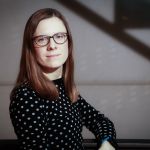

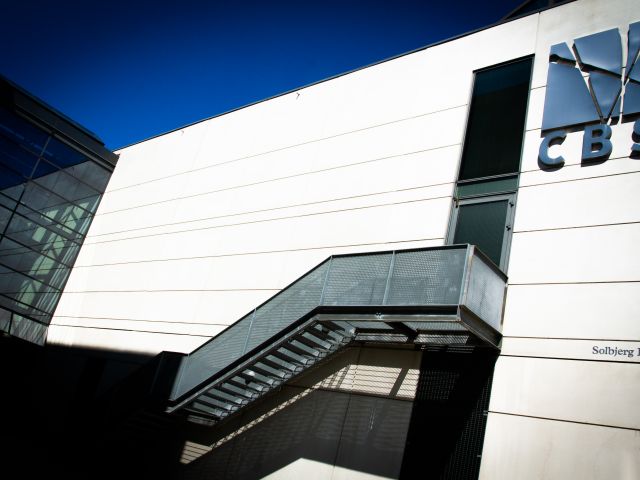
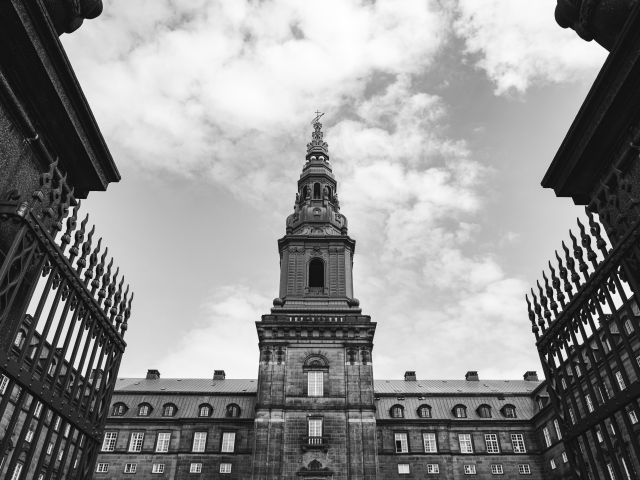
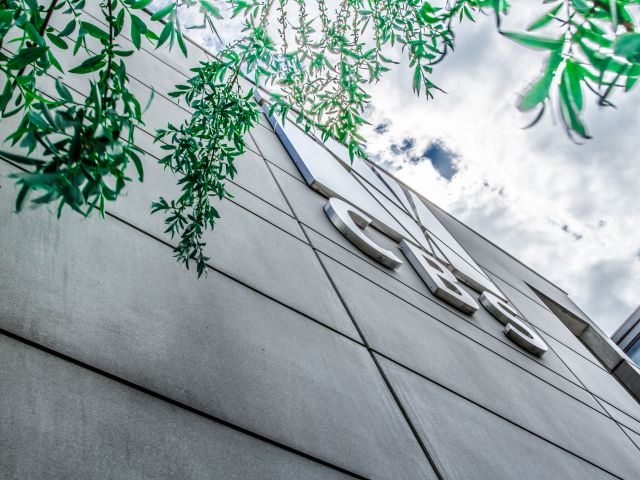
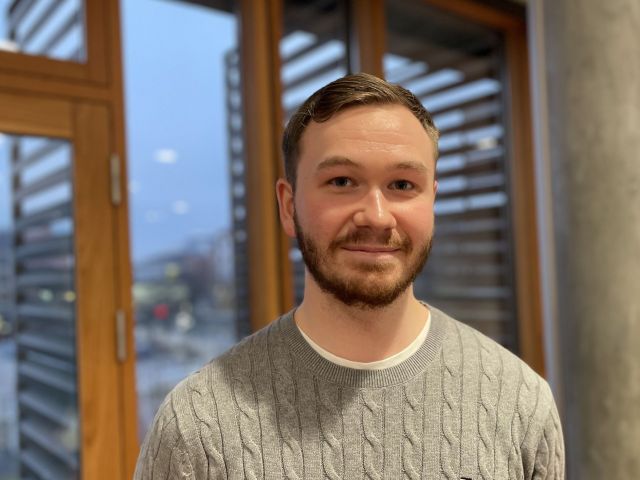
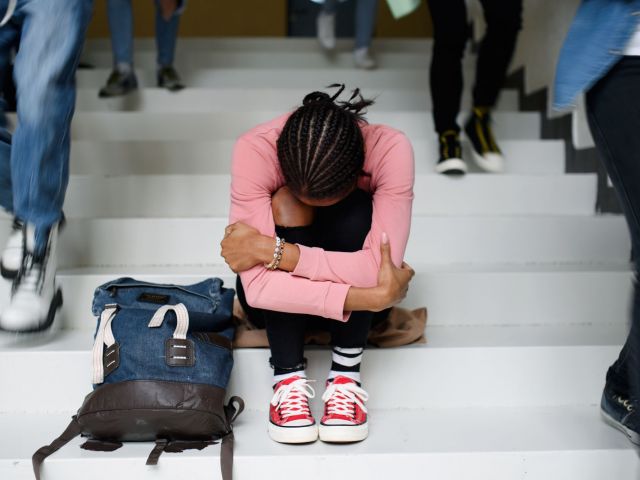




























































































































Comments